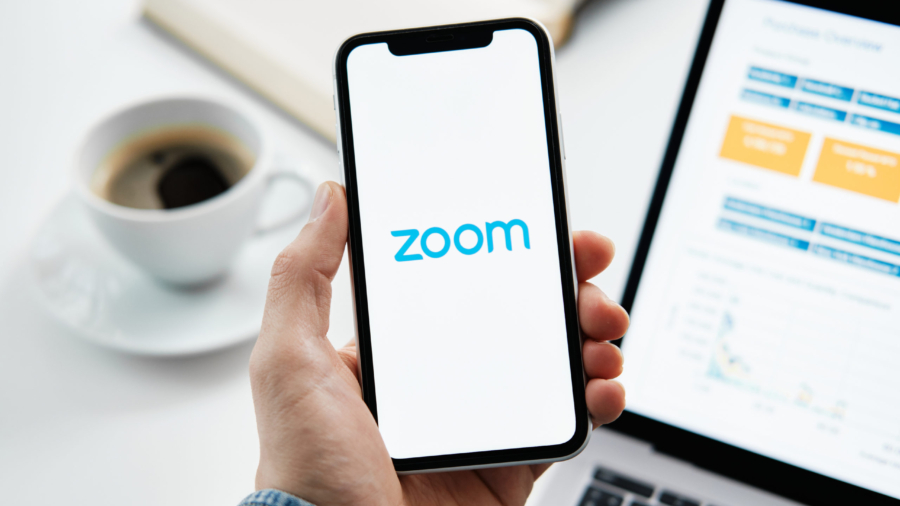Perfecting your resume during your job search can be tricky since there is no cookie-cutter method. Every candidate is different which means that every resume will look different. It can be really difficult to stand out from other candidates through one sheet of paper, as every hiring manager values different things. However, there are quite a few simple changes that can help you stand out to any hiring manager. Keep reading for 8 small resume tips that make a big difference!
- Describe what makes you unique
One of the most important things to focus on is ensuring that your resume effectively communicates your unique skills and experiences. If you simply list the responsibilities you have had without offering context and examples of your own personal experiences, you probably won’t stand out to hiring managers. Be sure to focus on what you’ve accomplished and explain how you’ve added value in your previous positions. This will allow hiring managers to understand your experiences on a more personal level.
2. List quantifiable statistics, if applicable
Take it a step further by listing quantifiable statistics in the experience section. Including concrete measurements of success is a great way to prove your worth as a candidate and show why you would be a valuable asset to the company. It can be something as simple as describing the number of clients you worked with or the amount of people you supervised.
This article has some great examples of simple quantifiable statistics you can include in your resume.
3. Use active language
Using action verbs such as ‘created’, ‘managed’, ‘facilitated’, etc. when describing your experiences is an effective way to communicate your unique skills and accomplishments on your resume. Action verbs are very powerful verbs that, if used correctly, will professionalize and enhance your resume. Try to get creative and diversify your verb usage rather than using the same verbs over and over.
This article has a great list of action verbs to use on your resume.
4. Tailor your resume to the job description
Familiarizing yourself with the job requirements prior to sending in an application can be beneficial for many reasons. First, it helps you evaluate whether or not you would be a suitable candidate for the position. Then, once you decide to move forward with an application, you will know which skills are the most important to highlight on your resume based on the job description. No need to overwhelm your resume with skills that are completely unrelated to the industry or job description (especially if you have a lot of relevant experience already). Keep in mind that hiring managers often skim resumes, so including keywords and highlighting relevant skills and strengths can improve its readability. Remember to offer examples and quantifiable statistics to show how you have actively utilized your skills.
5. Be honest
While it can be helpful to highlight your most relevant skills, make sure you are doing so with integrity. Don’t use keywords to embellish your resume if there is no truth behind them! Make sure you are only listing skills that are actually relevant to you and your professional experiences. You never want to include something on your resume that is untrue or that you wouldn’t be able to fully elaborate on in an interview. It is always better to be underqualified and honest, than it is to be untrustworthy.
If you don’t possess all of the skills in the job description or are underqualified in a specific area, that’s okay! If you feel that you would still be a good fit for the position, don’t get discouraged. List your relevant skills on your resume, and then if you receive an interview, be prepared to speak to your strengths and show the hiring manager your ability to learn and willingness improve in the areas in which you are underqualified.
6. Stay organized
As mentioned in number 4, hiring managers often skim resumes, so make sure that the important information stands out right off the bat. They should be able to quickly identify relevant keywords when skimming. Once you catch their eye with keywords, then they are more likely to spend time evaluating your resume.
Always make sure that your layout is easy to follow and your keywords are visible at first glance. Don’t clutter your page with excess information; your resume should be as concise as possible. If there are too many words on your page, your keywords will get lost. For an optimal layout, be sure to include bullet points, section dividers and bold font to make it easy to identify important information.
7. Convert to PDF
Converting your resume to a PDF file as opposed to a Word document, ensures that the format of your resume remains consistent no matter what. If a hiring manager views your resume and the format is distorted or difficult to read, they may disregard your application no matter how qualified you may be for the job. It is also a good way to prevent unauthorized edits to your resume. Converting to a PDF is quick and easy, but it can make a world of difference.
8. Save with your first and last name
This one may seem obvious, but it is easy to overlook. While your resume may be named something like ‘Resume’ on your computer, it is important that you identify your resume with your first and last name to ensure that it is easily identifiable. It should be named something like this. ‘[First name] [Last name] Resume.pdf’. Hiring managers open and view countless applications and resumes so attaching your name to yours will prevent it from getting lost.
We hope some of these tips help you perfect your resume. Happy job hunting!
Check out our blog on how to answer tricky interview questions:
https://www.xplorasearch.com/2021/01/27/tips-for-answering-these-5-tricky-interview-questions/
The Right Team. Right Now.
Photo by Jirapong Manustrong/Shutterstock.com













